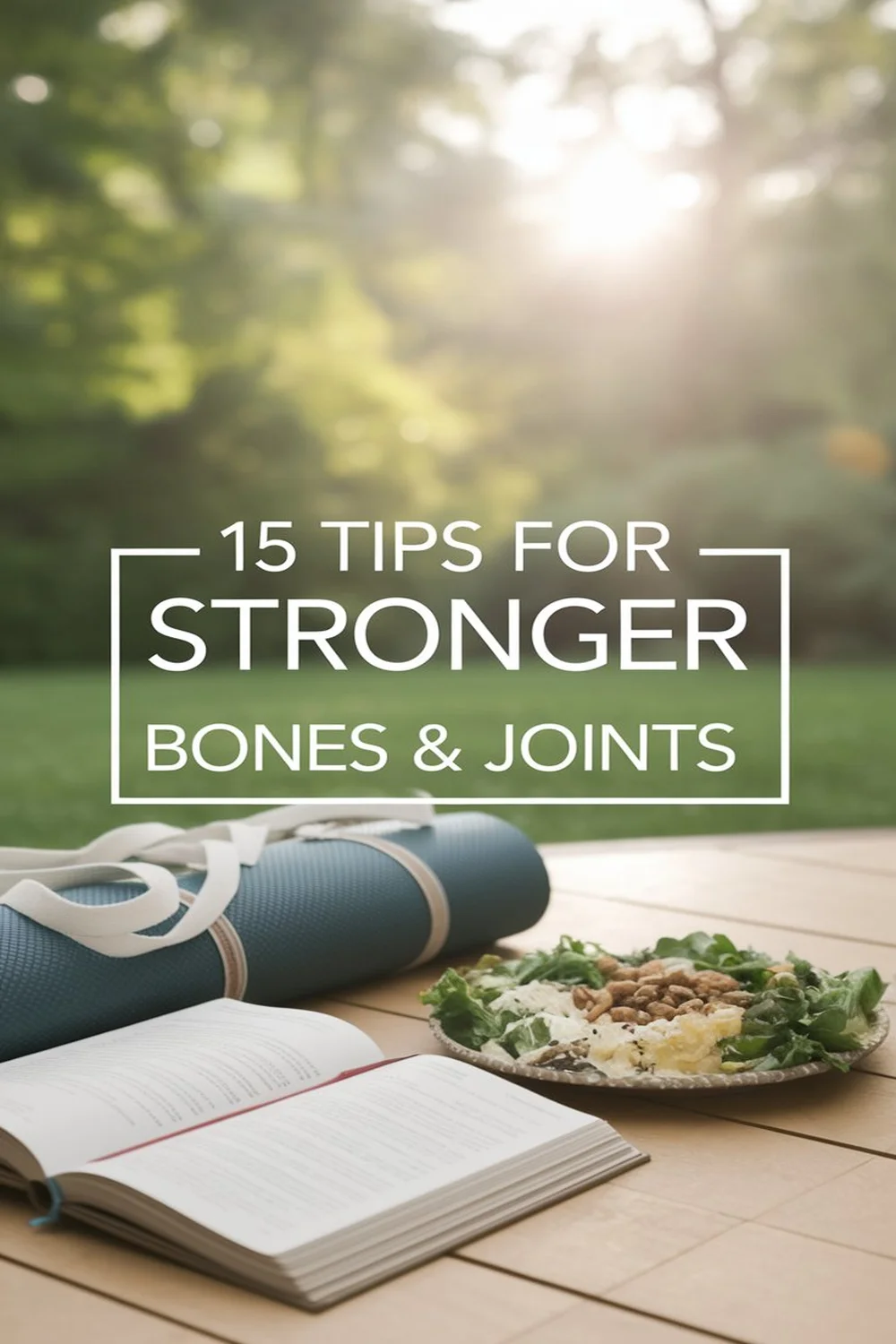Low testosterone can show up as persistent fatigue, decreased libido, mood swings, and physical changes like muscle loss and increased body fat. You might also notice sleep disturbances, decreased bone density, and hair thinning. Reduced motivation and initiative often accompany these symptoms, impacting both personal and social relationships. To address low testosterone, consider lifestyle changes such as improved nutrition and exercise, and consult a healthcare professional for tailored treatment options. There’s more to understand about managing these symptoms.
Fatigue and Low Energy Levels
When you experience persistent fatigue and low energy levels, it may signal an underlying issue, such as low testosterone. Testosterone plays a crucial role in energy production, influencing your body’s metabolism and overall vigor. When testosterone levels drop, your body struggles to maintain peak energy levels, often leading to feelings of tiredness and lethargy. This fatigue can affect your daily activities, reducing motivation and productivity. You might find that even routine tasks feel overwhelming. If you’re regularly sleeping well but still feel drained, exploring your testosterone levels could be essential. Diagnosis typically involves blood tests, and addressing low testosterone can lead to significant improvements in energy, mood, and overall well-being. Recognizing this link is crucial for regaining your vigor.
Decreased Libido
A noticeable decline in libido often raises concerns, hinting at potential hormonal imbalances such as low testosterone levels. When your testosterone drops, the body’s natural sexual drive diminishes. This decrease can be subtle, but it greatly impacts your relationships and overall well-being. Factors like age, obesity, and certain medical conditions can exacerbate this issue. You might find it hard to get in the mood or pursue intimacy, which can lead to frustration. Managing this issue involves more than just recognizing symptoms. A balanced lifestyle—incorporating proper nutrition, regular exercise, and stress management—may help elevate testosterone levels. Consult with a healthcare professional, who can provide tailored insights and treatment options to address the underlying causes of your decreased libido effectively.
Recommended Items
Discover our curated selection of health and wellness essentials to help you on your journey!
Mood Swings and Irritability
Decreased libido can often coexist with mood swings and irritability, both of which may signal low testosterone levels. Fluctuations in hormone levels can lead to significant emotional changes, impacting your daily life. You might find yourself more sensitive to stress, experiencing unexpected outbursts, or feeling down without clear reason. Low testosterone affects neurotransmitters that regulate mood, which can amplify feelings of frustration or anxiety. If you notice these psychological symptoms alongside physical signs, it’s time for a closer look at your testosterone levels. Addressing low testosterone through medical consultation, lifestyle changes, or supplements may help restore emotional stability. Ignoring these signs can further complicate personal relationships and overall well-being, so don’t hesitate to seek help.
Action Steps for Low Testosterone Awareness
Loss of Muscle Mass
Many people overlook the connection between low testosterone levels and loss of muscle mass. When testosterone drops, your body struggles to maintain muscle tissues. This hormone plays an essential role in muscle protein synthesis, which is vital for muscle growth and repair. As testosterone levels decline, you might notice difficulty in building strength or recovering after workouts. Your body may also experience an increase in muscle breakdown, leading to a noticeable shift in body composition. It’s important to recognize these changes early; addressing low testosterone can help reverse muscle loss. Simple lifestyle adjustments like resistance training and proper nutrition can also enhance testosterone levels and support muscle health. Don’t ignore these signs; proactive steps can make a significant difference in your physical condition.
Increased Body Fat
Low testosterone levels not only impact muscle mass but can also lead to an increase in body fat. Hormones play an essential role in regulating body composition, and when testosterone dips, your body may store fat more readily, particularly around the abdomen. Reduced testosterone can slow your metabolism, making it easier to gain weight. You might notice that even with regular exercise and a balanced diet, your body fat percentage doesn’t shift as it once did. Increased body fat can also create a cycle, wherein more fat leads to further hormonal imbalance, compounding the issue. Understanding this connection is significant; addressing low testosterone through lifestyle changes or medical interventions could help restore a healthier body composition and improve your overall well-being.
Difficulty Concentrating
When testosterone levels are insufficient, you might find that concentrating on tasks becomes increasingly difficult. This cognitive decline often stems from hormonal imbalances affecting your brain’s neurotransmitters, which are essential for focus and motivation. You may experience memory lapses or an inability to process information efficiently. Research shows that low testosterone can impact areas of the brain responsible for attention and cognitive functions. Additionally, the lack of energy and motivation often associated with low testosterone can exacerbate these concentration issues. Addressing this problem may involve lifestyle changes, such as regular exercise, a healthy diet, and stress management. In some cases, testosterone therapy might be warranted to help restore cognitive function and improve overall mental clarity.
Sleep Disturbances
As your testosterone levels decline, you may find that sleep disturbances become more pronounced, affecting both the quality and duration of your rest. Hormonal imbalances can lead to issues like insomnia or disrupted sleep cycles, leaving you feeling fatigued during the day. Reduced testosterone can also decrease the deep sleep phases essential for restorative rest. You might experience increased awakenings at night, which undermines your overall sleep architecture. Additionally, low testosterone often correlates with other factors like weight gain or stress, compounding these disturbances. To address these issues, consider lifestyle modifications, such as establishing a regular sleep schedule, exercising regularly, and managing stress effectively. These strategies can greatly improve your sleep quality and overall well-being.
Decreased Bone Density
Testosterone’s role in maintaining bone density is critical, especially since a decline in this hormone can lead to significant bone loss over time. Low testosterone levels contribute to osteoporosis, increasing your risk of fractures. If you notice a drop in strength or increased fatigue, it may be time to assess your testosterone levels.
| Symptoms of Low Testosterone | Impact on Bone Density |
|---|---|
| Decreased muscle mass | Reduced bone strength |
| Fatigue | Increased fracture risk |
| Mood changes | Impaired bone healing |
| Weight gain | Overall density decline |
Monitoring your bone health and testosterone levels is essential. If you suspect low testosterone, consult a healthcare provider to explore potential treatments and lifestyle changes.
Hair Loss or Thinning
Many men experiencing low testosterone levels may notice hair loss or thinning as a common symptom. This condition can stem from hormonal imbalances, leading to changes in hair follicles. Recognizing the signs early is vital. Here are three key indicators you should consider:
- Balding Patterns: Noticeable patches or thinning areas, particularly at the crown or temples.
- Texture Changes: Hair may feel finer, brittle, or less dense over time.
- Increased Shedding: More hair than usual on pillows, in the shower, or when grooming.
If you identify these symptoms, it’s important to consult a healthcare professional. They can recommend appropriate tests and potential treatments, helping you effectively address low testosterone and its impact on hair health.
Reduced Motivation and Initiative
When testosterone levels drop, you might find your motivation and initiative waning considerably. This is linked to testosterone’s role in regulating energy levels, mood, and overall drive. As your hormone levels decline, you may experience difficulties in setting and pursuing goals, leading to feelings of apathy or disengagement. You could struggle with low energy, making it harder to tackle both daily tasks and long-term projects. Additionally, reduced motivation may seep into your personal life, affecting relationships and hobbies that once thrilled you. Recognizing these signs is essential. If you identify with this experience, consulting a healthcare professional can help determine whether low testosterone is the cause and suggest effective strategies to restore your vigor and enthusiasm for life.











